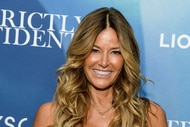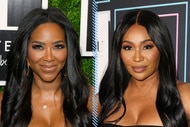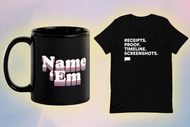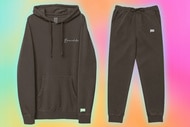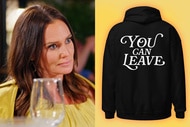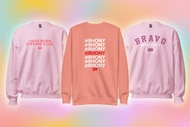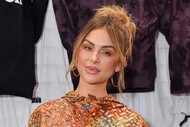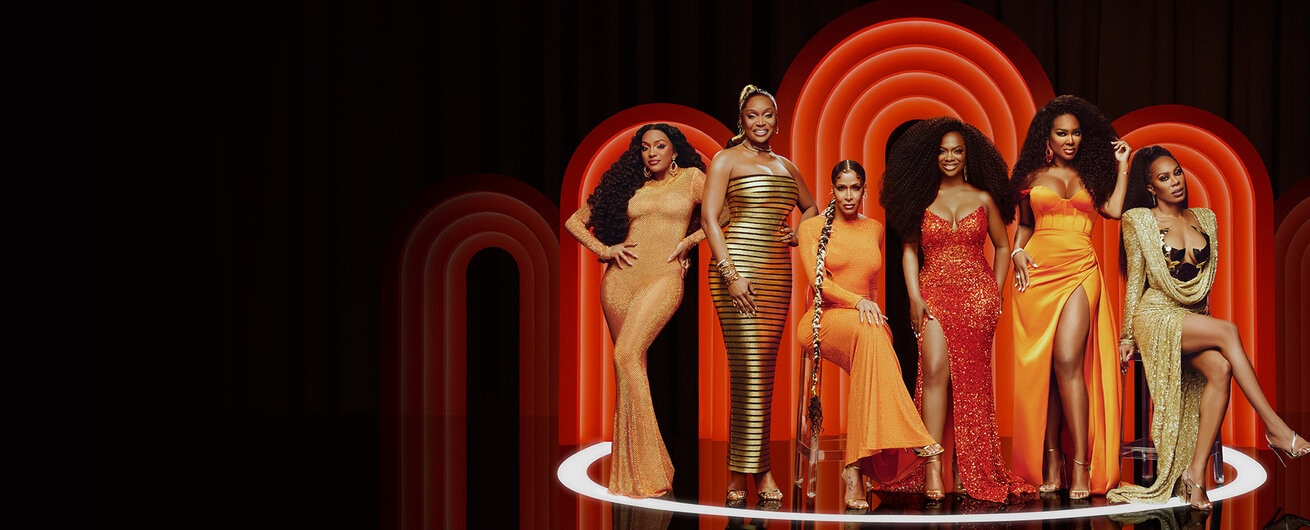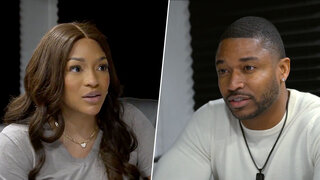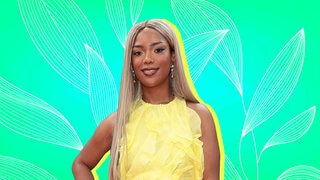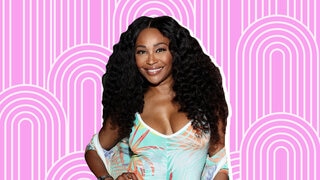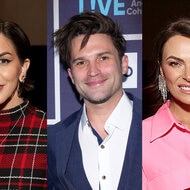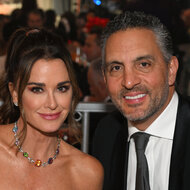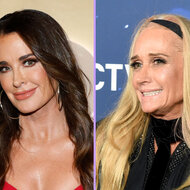
Create a free profile to get unlimited access to exclusive videos, sweepstakes, and more!
Cynthia Bailey Opens Up About the Racism She Experienced During Her Modeling Career
"We've got a lot of work to do in 2020," explained The Real Housewives of Atlanta cast member.
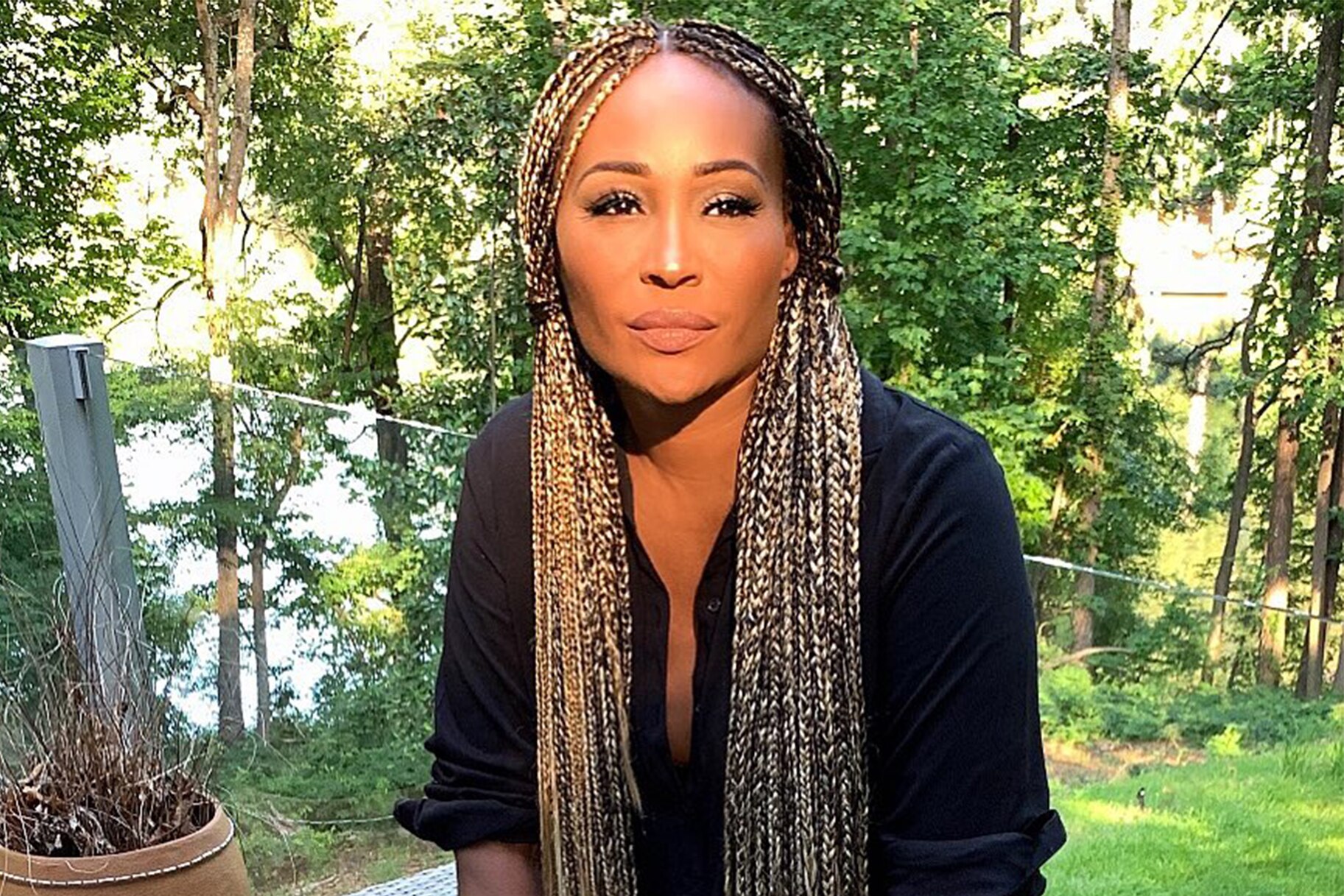
We’re continuing to amplify Black Voices. Join us every Monday in June for a dialogue on being Black in America on Instagram @BravoTV.
Cynthia Bailey began working in the modeling industry when she was just 18 years old, and has accomplished so much in the 35 years since. Although the world of fashion has changed quite a bit in that time, The Real Housewives of Atlanta cast member says “we’ve got a lot of work to do in 2020.” During the June 22 Instagram Live panel, Amplify Our Voices: An Open Dialogue on Being Black in America, Cynthia opened up about the racism and lack of representation she has experienced throughout her career.
Cynthia recalls when she first signed with Wilhelmina Models, there were “maybe three black people signed with that agency,” and “probably 300 white people.”
“It was very common to go and try to get different agencies back then, and they would just pretty much tell you, ‘Sorry, we already have two black girls,’” said Cynthia. “The fashion industry has always been racist in terms of that. You know what I’m saying? My first cover was for Essence Magazine. I went to see the Vogues and all those people, millions of times, but was never good enough for whatever reason to ever be in those magazines.”
Cynthia explained that although she was just as talented as the white models who were getting all of the opportunities, the fashion industry created very little room for diversity: “You knew if they took Naomi, they weren’t gonna take anybody else!”
She continued to note that racism was a problem in nearly every facet of the industry, from fashion shows to magazines to catalogues. Cynthia said she was often the only Black model working at some of the companies that hired her.
“It was never a situation where a sense of like, hey, you know what? It doesn’t matter what color you are, it’s whoever they think is right for this fashion issue, or this fashion cover should get it,” said Cynthia. “But it was always really about like, I guess we haven’t used a Black girl in 10 years, we should probably put one on the cover.”

